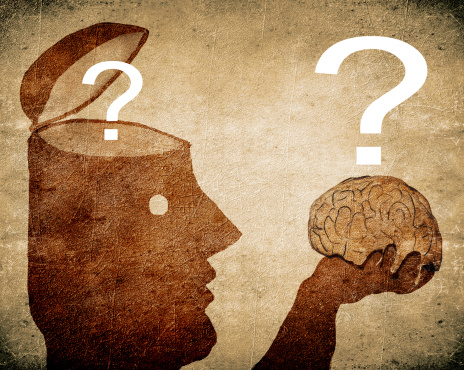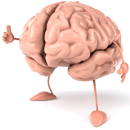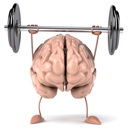Your Steak Dinners May Be Putting You At Risk For Alzheimer’s
Steak may have great flavor and mouth-feel (we have to agree), but it’s not doing your health any favors. Over the next 10 years, the number of Americans aged 65 and older with Alzheimer’s disease will reach an estimated 7.1 million. The number of deaths from diabetes is expected to rise more than 50 percent. ...click here to read more











